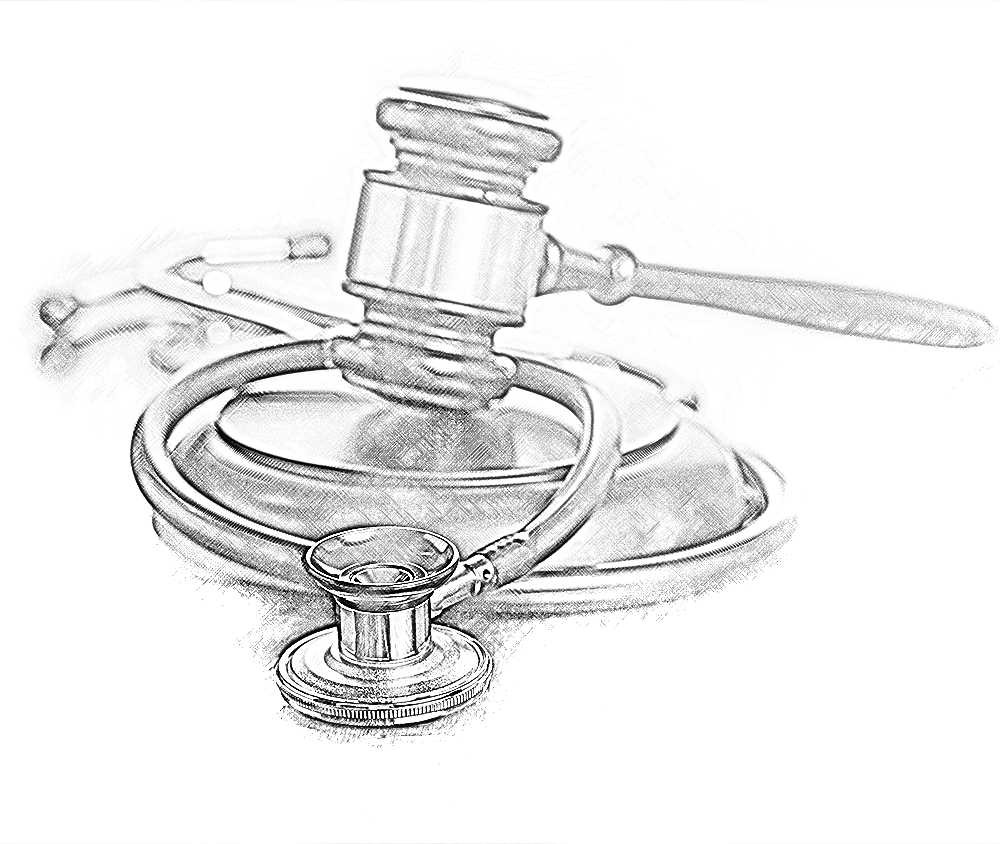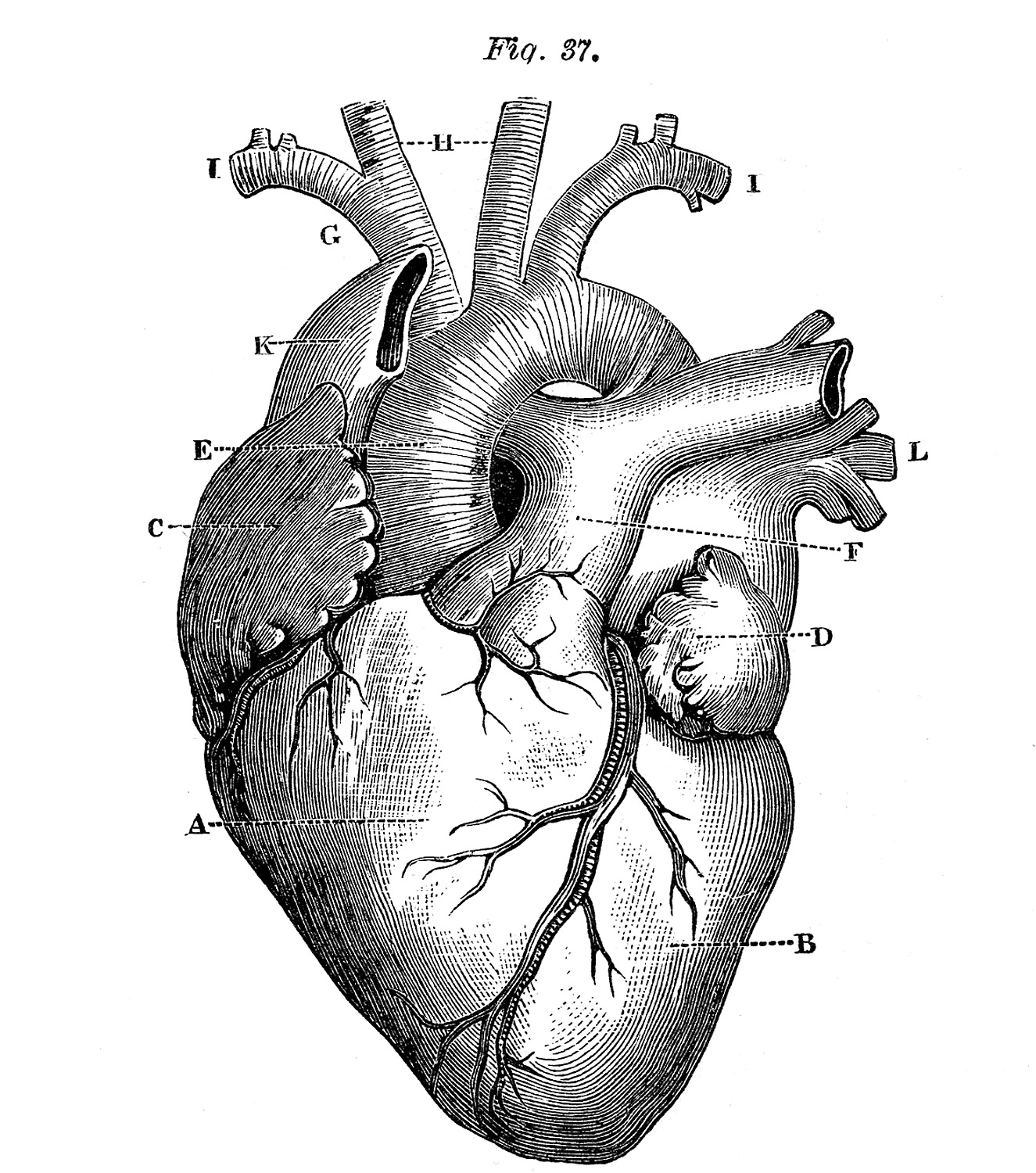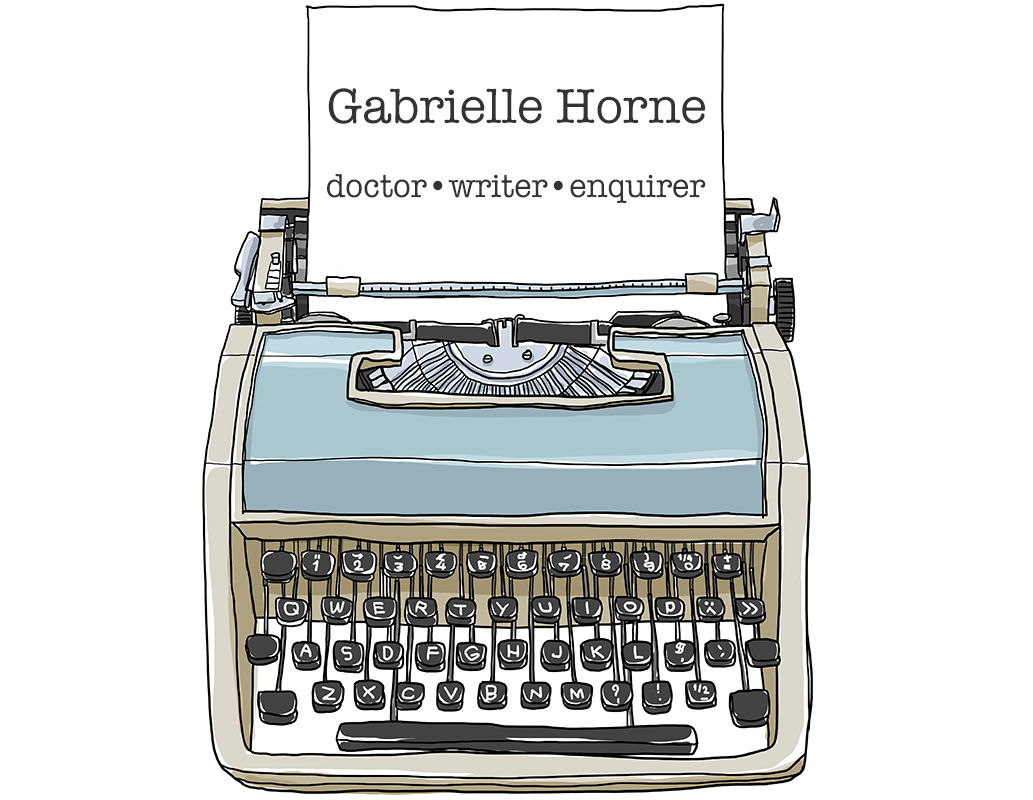Dr. Gabrielle Horne fell in love with the mechanics of the heart as a student. She trained both as a cardiologist and researcher to help people living with heart muscle problems. She quickly build an innovative heart research program, attracting plenty of grant funding. So how did she end up at the centre of a medical scandal?
An older male colleague wanted his name on her cardiology research. When she declined, he wrote secret letters of complaint about her, and enlisted powerful allies in his campaign. The hospital took emergency action, branding her a dangerous doctor. Her research program shut down. She had to sue the hospital to clear her name. It took her 14 years to get to court. All that time the hospital kept her accusers in charge of her working life.
At trial the hospital ran a misogynistic character assassination as a defence, but the jury found the hospital had acted in bad faith or malice. She won the largest damages award in Canadian history for loss of reputation. Her book explores the complex characters that animate this story, and what it took to win.

Share Gabrielle’s Story
Gabrielle Horne is a cardiologist, researcher and writer
She survived and now thrives after experiencing extreme workplace harassment. In June 2016, following a 33-day jury trial, Gabrielle Horne received the largest non-pecuniary damages award in Canadian history, against the hospital where she still works. The hospital became the first Nova Scotian public body to be found guilty of bad faith or malice in a court of law.
She is an associate professor of medicine and biomedical engineering at Dalhousie University, and an attending cardiologist at the QEII Health Sciences Centre in Halifax. Prior to 2002, she did research, and is now returning to that world. Throughout her ordeal she cared for patients and taught resident doctors and students. She also co-founded a clinic for patients and families with genes that cause aneurysms. She still coordinates the Maritime Connective Tissue Clinic, and she and her colleagues have won a number of awards for this work.
She is completing an MFA in creative nonfiction at the University of King’s College, and writing a book about her professional and legal experiences.

FAQs

FAQs for Canadian physicians and university faculty experiencing workplace harassment
Could I call you to discuss my situation?
I am so sorry that you find yourself in a distressing work situation. I wish I could offer you personal support, but it is really not possible for me to do this. I find it very difficult to listen to stories of harassment.
We are all different, but I personally got the best support from people in my life who were sympathetic to my situation, willing to be there for me when crises arose and able to offer strategic advice, but not themselves embroiled in a workplace battle. Being in such a battle takes so much out of a person that it is hard to consistently be there for others.
Also, I view it as essential to obtain legal advice from a lawyer who specializes in representing employees (see below). It is my hope that hospitals, universities and other employers will learn from my case and stop sponsoring workplace bullying.
I am being harassed and my hospital privileges have been threatened. Can you recommend a lawyer?
I am afraid I cannot recommend a specific lawyer, but one of my former lawyers, who is highly experienced in physician and faculty workplace issues, can recommend someone for you in your area.
Ron Pizzo in Halifax (rpizzo@pinklarkin.com).
If your hospital privileges have been threatened you should contact CMPA. Some physicians report excellent assistance from CMPA in this situation, but not all. I had to retain my own legal counsel.
Where else can I get help?
If you are a Canadian physician and your hospital privileges have been threatened you should contact CMPA. Your hospital Medical Staff Association may be able to help. If you are a university faculty member or a physician with a university affiliation you can reach out to your faculty association or the Canadian Association of University Teachers. If you are a resident physician you can call your provincial resident physician association.
General FAQs
Do you intend to use real names in your book?
Yes. They are a matter of public record.
Do the doctors who made the false allegations still work in your hospital?
Most have left. A few are still here.
Who paid for the hospital lawyers?
Canadian taxpayers footed part of the bill through health care dollars, and the insurance company Aviva Canada (or rather those who buy insurance from this company) paid for the rest, even though the hospital acted in bad faith or malice.
When is your book coming out?
Thanks for your interest! Please sign up for updates here.
Resources
Dr. Gabrielle Horne
General:
Stephen Kimber’s 2006 feature Cardiac Unrest
The Canadian Association of University Teachers investigation
More from Stephen Kimber:
The trial:
CBC pre trial
CBC radio interview pre trial
CBC verdict
CBC after trial
Advocate Daily verdict
The appeal:
CBC (the hospital is appealing)
CBC radio interview
CBC (the Premier will not step in)
CBC (others speak out)
Jim Vibert part one (Chronicle Herald)
Jim Vibert part two
CBC (outcome of the appeal)
Chronicle Herald (outcome of the appeal)
Jim Vibert on outcome of the appeal (Chronicle Herald)
If you are in crisis
Workplace bullying
Public institutions gone bad
Physicians in crisis
Women in medicine
Canadian health care tragedies and scandals
Dr. Charles Smith forensic pathology tragedy and scandal (Goudge Inquiry)
Newfoundland breast cancer testing tragedy and scandal (Cameron Inquiry)
Motherisk hair testing tragedy and scandal (Lang inquiry)
The case of Dr. Nancy Olivieri (Thompson report)
Ontario physician billing audit injustice (Corey report)
Canadian tainted blood tragedy and scandal (Kreever inquiry)
Winnipeg pediatric cardiac surgery inquest report
Psychology of harassment
Introduction to the dark triad
Assessment for the dark triad
The road to resilience: American Psychological Association
Resilience research
Courage is fear walking. Susan David’s TED talk
Resilience through art
Bethany Webster on the psychological roots of misogyny
George Chesterton on the psychological roots of misogyny
British psychological association research digest on misogyny
The link between ‘sexism’ and mental health issues in men
Do women hinder the progress of other women?
Why women sometimes don’t help other women
